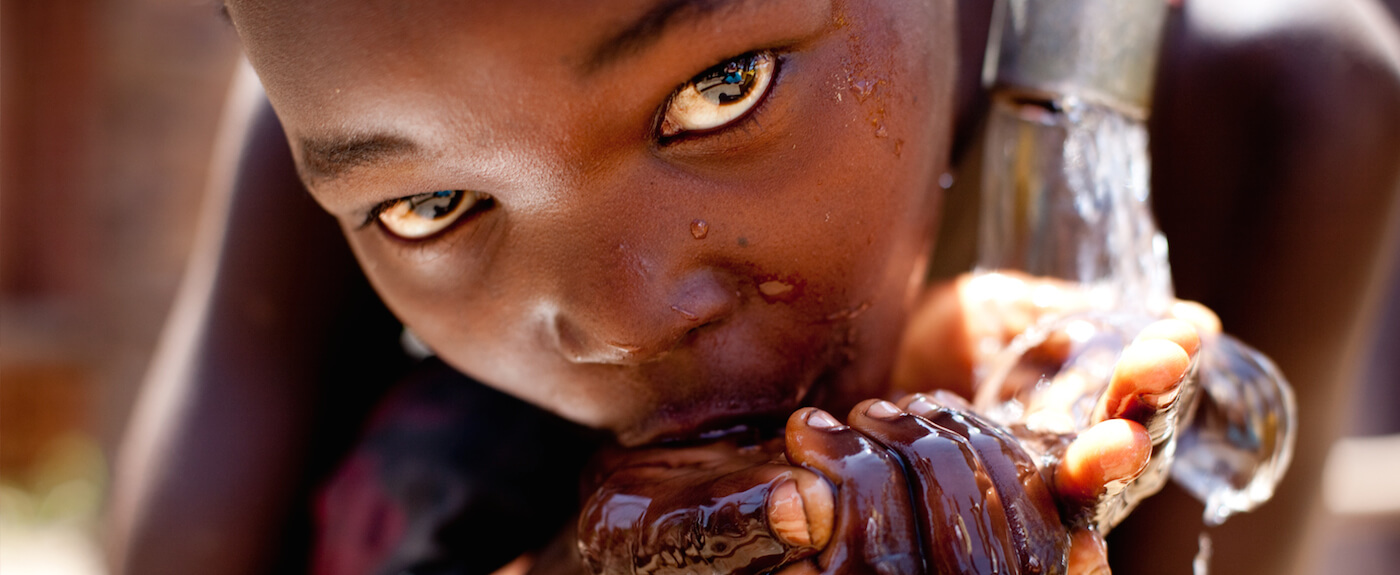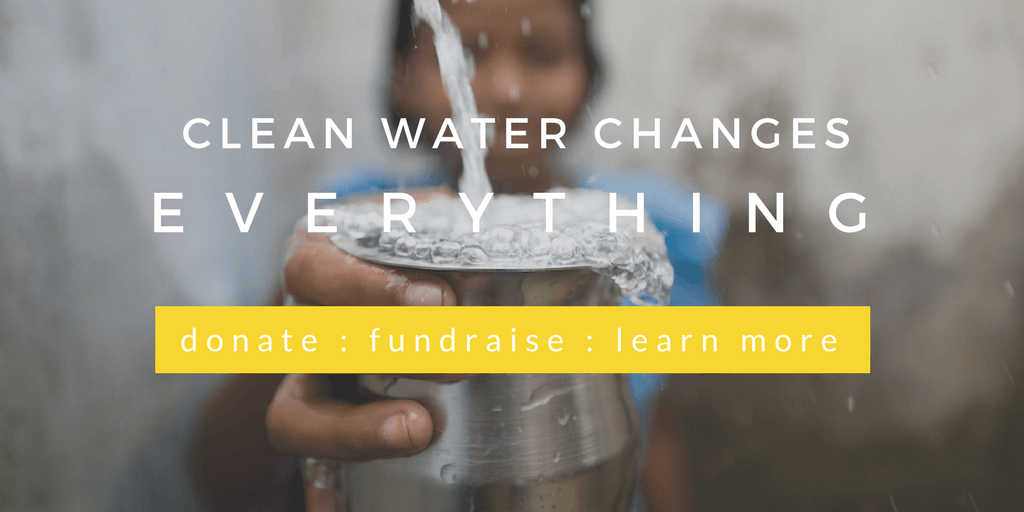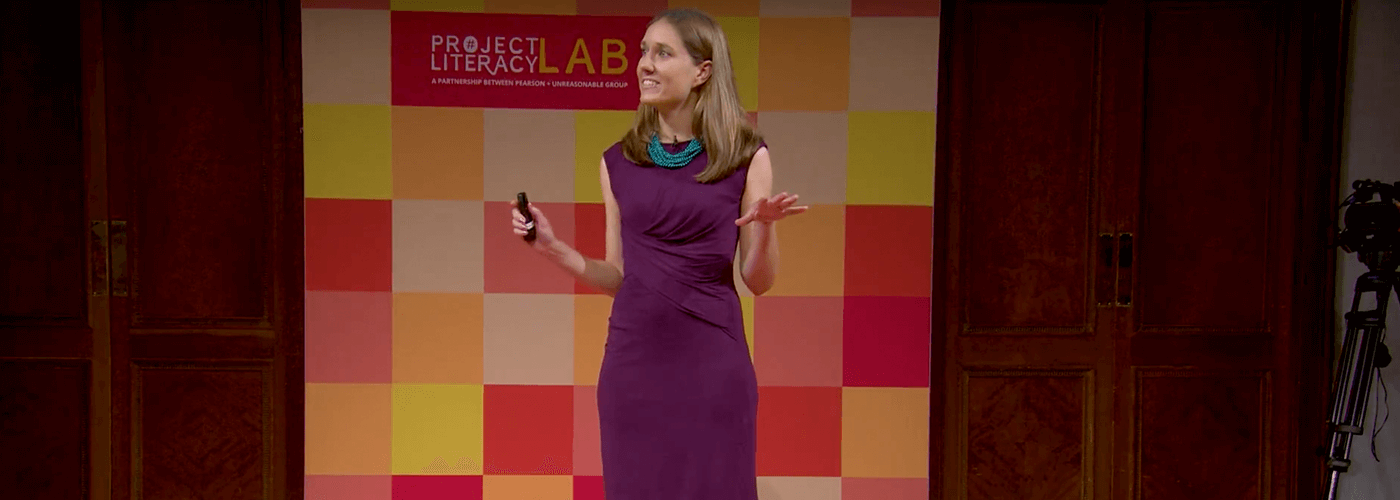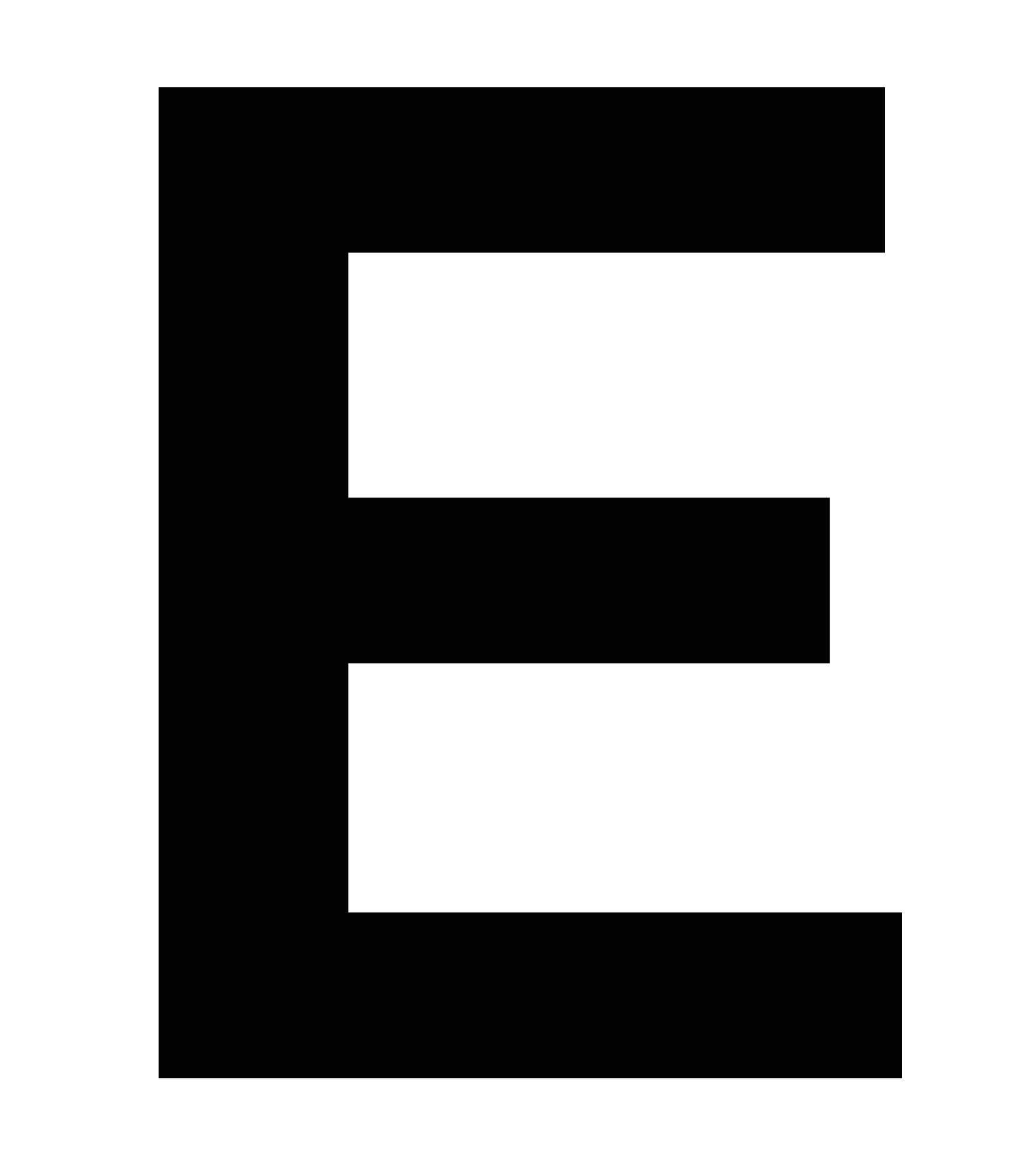 very meal we eat, shower we take, toilet we flush, or tooth we brush plumbs the well of the developed world’s most abundant and liberally consumed resource. And yet, 1.8 billion people around the globe know a different reality: a reality in which the only accessible water is fecally contaminated; in which children die daily from otherwise preventable diseases; and in which health, education, and basic subsistence are weighed against the worth of water.
very meal we eat, shower we take, toilet we flush, or tooth we brush plumbs the well of the developed world’s most abundant and liberally consumed resource. And yet, 1.8 billion people around the globe know a different reality: a reality in which the only accessible water is fecally contaminated; in which children die daily from otherwise preventable diseases; and in which health, education, and basic subsistence are weighed against the worth of water.
Founded in 2006, charity: water partners with local organizations in communities living in conditions of water stress to provide sustained, reliable access to clean water. To date, the non-profit has funded 22,936 projects for 7 million people around the world, all through a highly transparent model designed to re-establish the public’s trust in charity. Unreasonable spoke with Chief Global Water Officer Christoph Gorder about water scarcity, data innovation, and the challenges of taking on a global issue.
What do you think organizations get wrong about their approach to providing safe and affordable drinking water to communities living in conditions of water stress?
Christoph: Something that we’ve spent a lot of time working on is the long-term sustainability of the clean water we can provide. It’s a huge challenge to get clean water to people in the first place, but it is an equal challenge to keep that water flowing. I think what organizations get wrong or underestimate is the magnitude of the task of sustainability. We have to make sure that the positive change that we make on day one is upheld so that people don’t have to go back to swamps and rivers to drink because their water points break.
Because the needs of each community differ greatly, how does charity: water ensure the long-term sustainability of a solution at any given location?
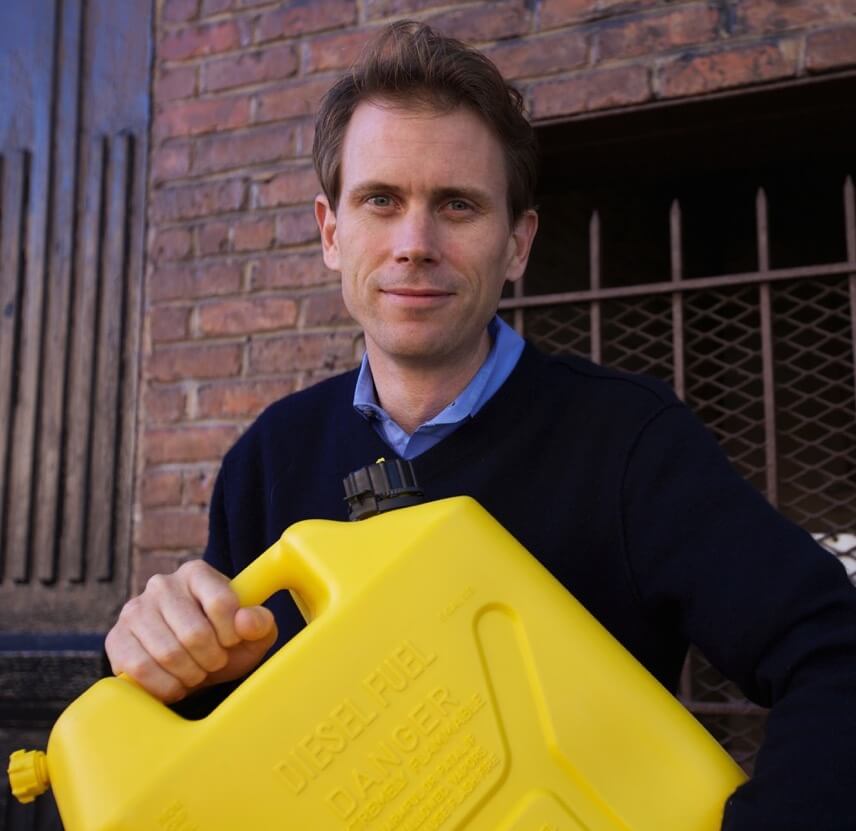
Christoph Gorder / charity: water
Christoph: These 663 million people who don’t have access to water live in the most diverse kinds of places that you could imagine around the world – in deserts, on mountains, on islands – so the problem that we are trying to solve looks very different. We need to have diverse solutions for diverse problems, and it’s very important to take into account all the aspects of the problem you are trying to solve.
You need to look at the hydrogeology and the engineering side, but then you need to look at the cultural and the governmental aspect of it to make sure that we are finding the right solution. In Nepal, for example, given how rugged the terrain is, you can’t get drilling rigs in there to drill boreholes, and it doesn’t really make much sense near a lot of mountain springs. So we cap the mountain springs and we bring the pipe down to communities from the high mountains. In Cambodia, there’s a lot of surface water, and when you imagine Cambodia you think of rice paddies, and so there’s a lot of water available, but it’s dirty. The solution there are household filtration devices, which people use in their household and they can get water in their backyard even. I think making sure that you’re really clearly evaluating the situation before you create a solution is one thing to be learned, and it works extremely well.
Do you work with local engineers to help make that happen?
Christoph: So one of the aspects of how we work is that we are always working in partnerships with local experts. In all the places that we work, there are local experts who are from there who understand the geology, who are professionals and world-class colleagues for us. Part of the way we avoid making mistakes is that we hire really high-quality local professionals, and we partner with amazing local organizations instead of sending over an American who wouldn’t necessarily be qualified for that environment.
As an organization tackling such a complex and grossly pervasive issue as water access, what are some of the greatest challenges that charity: water faces today?
Christoph: Eight out of nine of the people impacted by this issue live in remote, rural areas, which are difficult to access. So the logistical challenges of actually giving people clean water are not insignificant. With a problem of this magnitude, the organizational systems and the government support structures that need to be in place to do it effectively are also very under-resourced. So, there are enormous physical, engineering, systemic, and governmental challenges around getting clean water. The good news is that those challenges can be surmounted, and we’ve played a role in doing that for seven million people for the last 10 years.
What are some of the metrics that charity: water uses to prove the effectiveness of its projects?
Christoph: Our primary metric is how many people get access to clean water. The work that we do is very complex, there are a lot of different indicators we are looking at, but ultimately the one KPI for us is how many people are drinking clean water, and that’s really important.
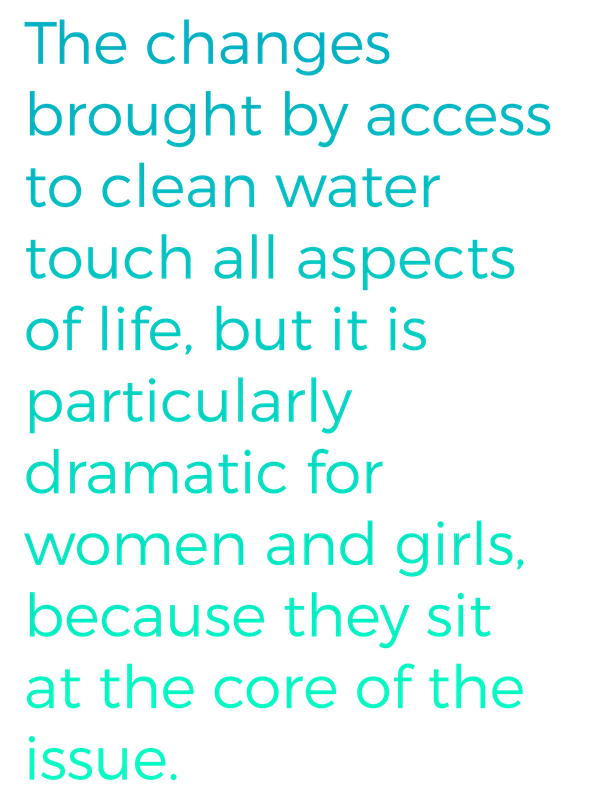 We spend a lot of time looking at the cost and the project management, and if are things happening on time and on track as they should. We look at sustainability, what the functionality rates are over time, and the quality. Currently, we’ve got sort of high-level metrics, such as how many people are drinking clean water, how far do they walk, how long do they wait in line, and how much water are they consuming before and after the project is built. Then, we have 25 water indicators which would speak to sustainability, sanitation, water quality, and so on.
We spend a lot of time looking at the cost and the project management, and if are things happening on time and on track as they should. We look at sustainability, what the functionality rates are over time, and the quality. Currently, we’ve got sort of high-level metrics, such as how many people are drinking clean water, how far do they walk, how long do they wait in line, and how much water are they consuming before and after the project is built. Then, we have 25 water indicators which would speak to sustainability, sanitation, water quality, and so on.
We are really excited about big data, and we’re rolling out a new system at a global level. Since the beginning, we’ve been very public and transparent about where every single water point is by keeping track with GPS coordinates, so we’ve dealt with enormous amounts of data. In the last year we’ve solidified those 25 water indicators, so we think we’re going to learn a lot more about the work and have a much more precise understanding of how much good we’re actually doing.
For you personally, Christoph, what do you think the world’s going to look like as a result of the work that you do?
Christoph: One, I hope that people will have access to clean water and they will live healthy lives, which is the core of our mission. But the way we go about it is to do it in an innovative way that challenges the status quo on how charities are run. While our mission is to provide clean water to those who need it, our vision is to reinvent charity. Personally, I hope that the world looks different in the future because we brought clean water to those in need, and because of our innovations and work on transparency. I hope we improve the public’s trust in charities and are more generous to a wide range of causes — not just water.
You’ve spent a significant portion of your time living and working abroad, and you’ve built a career around impact. Can you tell me about a pivotal moment when you realized your work could make a difference in the quality of life that someone else is able to live?
Christoph: I think, in my case, there was something that fundamentally shifted when I had kids. I have a 12-year-old daughter, and when I’m in the field, I’m seeing typically women and girls who don’t have access to water, carrying 40 pounds of water, walking hours a day, and they’re not going to school. If I lived in that town, in that community, that would be my daughter. I did this kind of work for a long time before I had kids, but there’s something about having children that just made it strike home how lucky we are to have clean water, and I think what a responsibility we have to give back and make sure that we do everything that we can to make sure that other people, especially girls, don’t have to walk for water and they can go to school.
How does providing clean water for a community impact the lives of its women and girls?
Christoph: Water touches everything. Something that came up in a World Health Organization study is that every dollar that is invested in water and sanitation gives $4 to $8 of economic returns. People are healthier, they live longer, girls go to school, and they stay in school. What happens in these villages is that when girls hit puberty and they get their period, they stop going to school because the schools don’t have toilets, and they don’t have clean water. So, girls drop out.
 People can save a ton of time simply because they have water close to their house. Women can spend more time with their families and start businesses of their own. In India, because of the water points created, we’ve seen people who don’t have to buy water anymore and now they are using those savings to build real houses that aren’t just sticks and brush. The changes brought by access to clean water touch all aspects of life, but it is particularly dramatic for women and girls, because they sit at the core of the issue.
People can save a ton of time simply because they have water close to their house. Women can spend more time with their families and start businesses of their own. In India, because of the water points created, we’ve seen people who don’t have to buy water anymore and now they are using those savings to build real houses that aren’t just sticks and brush. The changes brought by access to clean water touch all aspects of life, but it is particularly dramatic for women and girls, because they sit at the core of the issue.
How can our readers take action?
Christoph: One thing that is important to understand is that we have a very transparent model, and 100 percent of donations go to the field to build projects. All of our own expenses — our salaries, our rent at our office, our audits, the toner in the printer — all of that is paid for by a small group of donors. So, when the general public donates, 100 percent of that money goes to the field. We even pay back credit card fees on the public’s donations. If you give us $20, we don’t actually get $20, because AMEX or Paypal charges a processing fee. We’ll reimburse that fee to make sure the full $20 actually goes to Malawi, or Bangladesh, or Cambodia.
The first thing is for people to understand the problem, and you can go on our website and learn all about the water crisis and some amazing, innovative things that are being done to solve it.
The second thing is to take action, and people take action in a whole bunch of different ways. You can run fundraising campaigns, raise money through gifting on their birthday, or running marathons, or climbing mountains. People can sponsor a well, which for $10,000, can change an entire village’s life.
If you want to make a difference, become aware, and take action.


